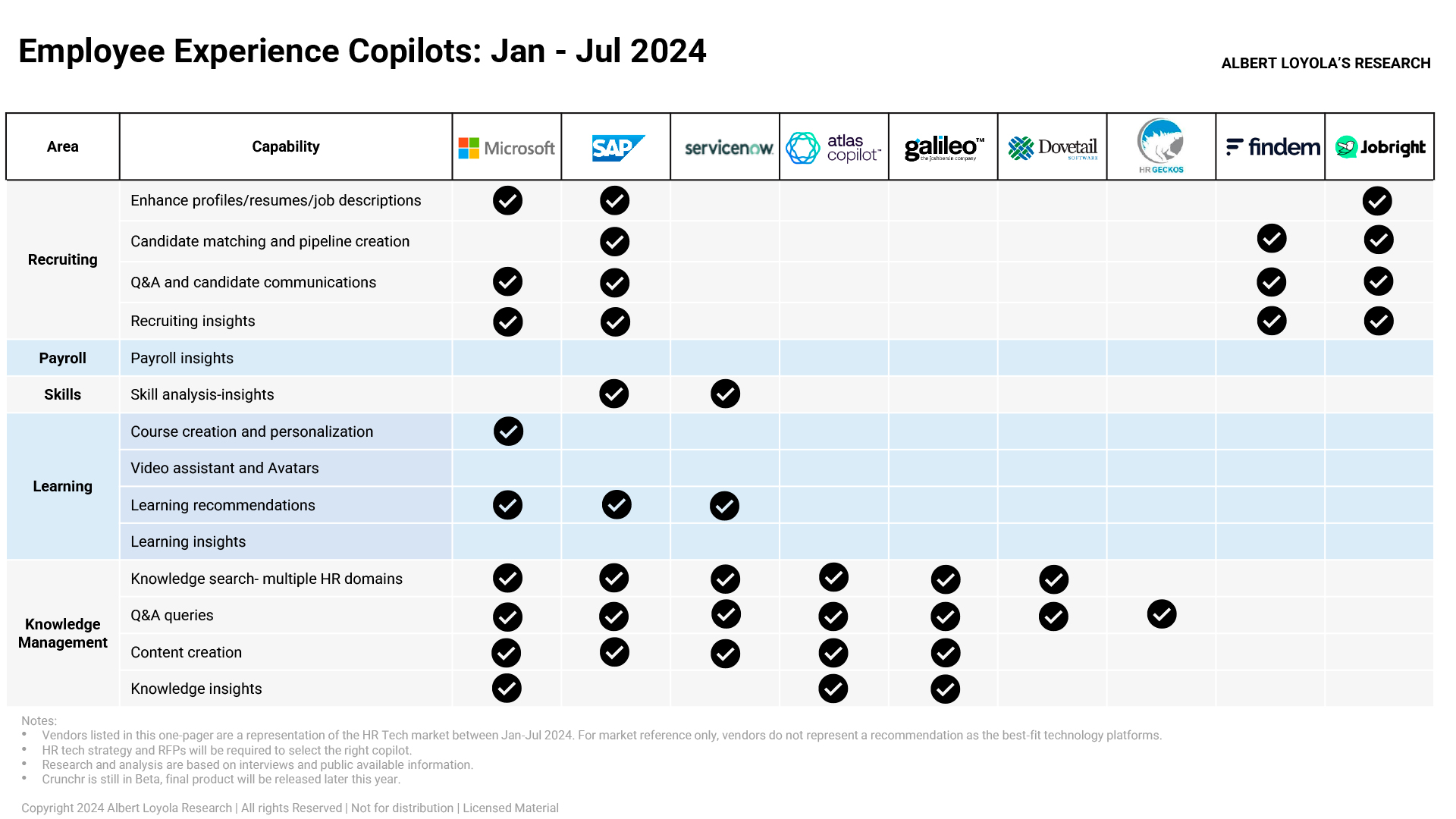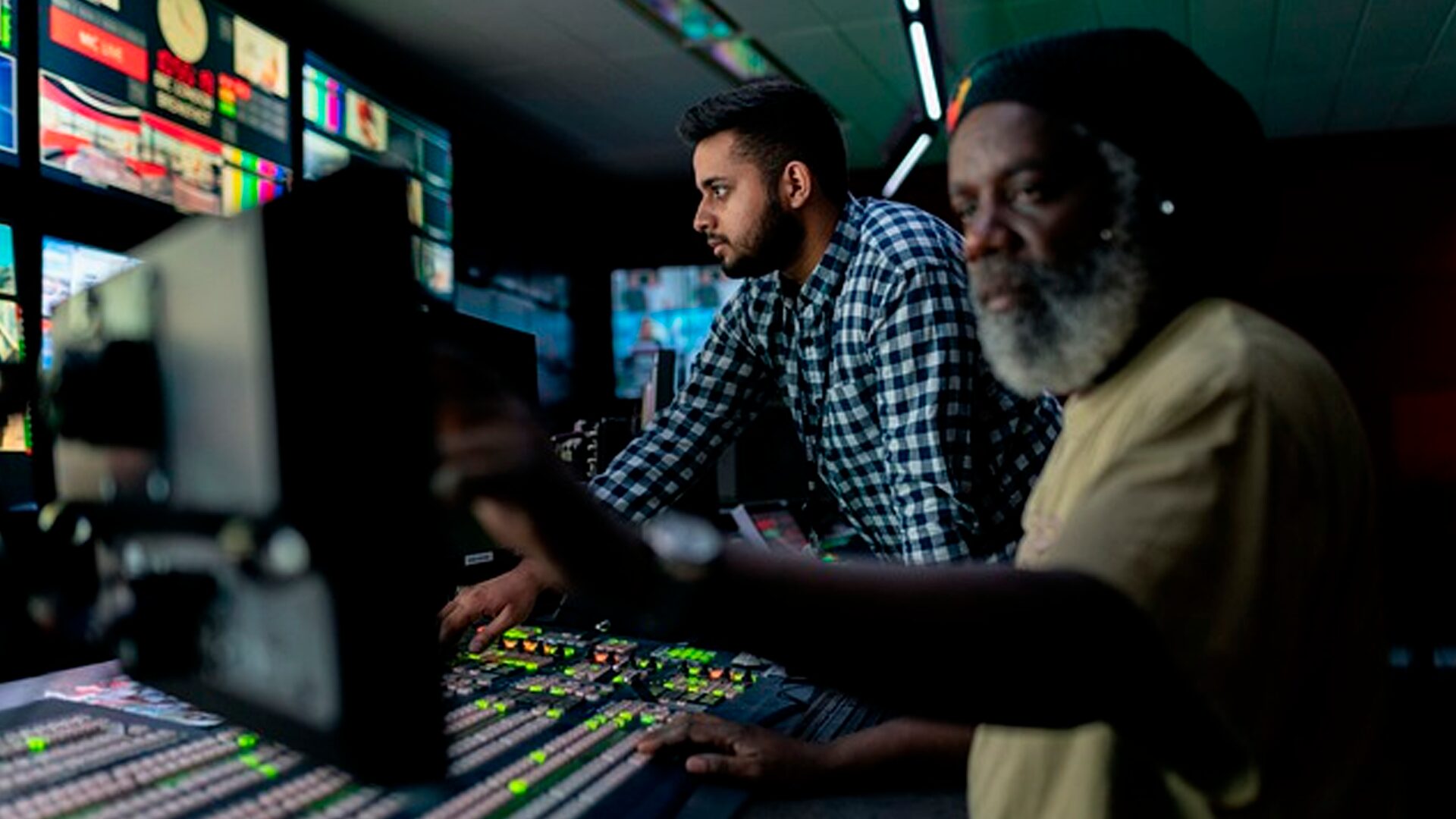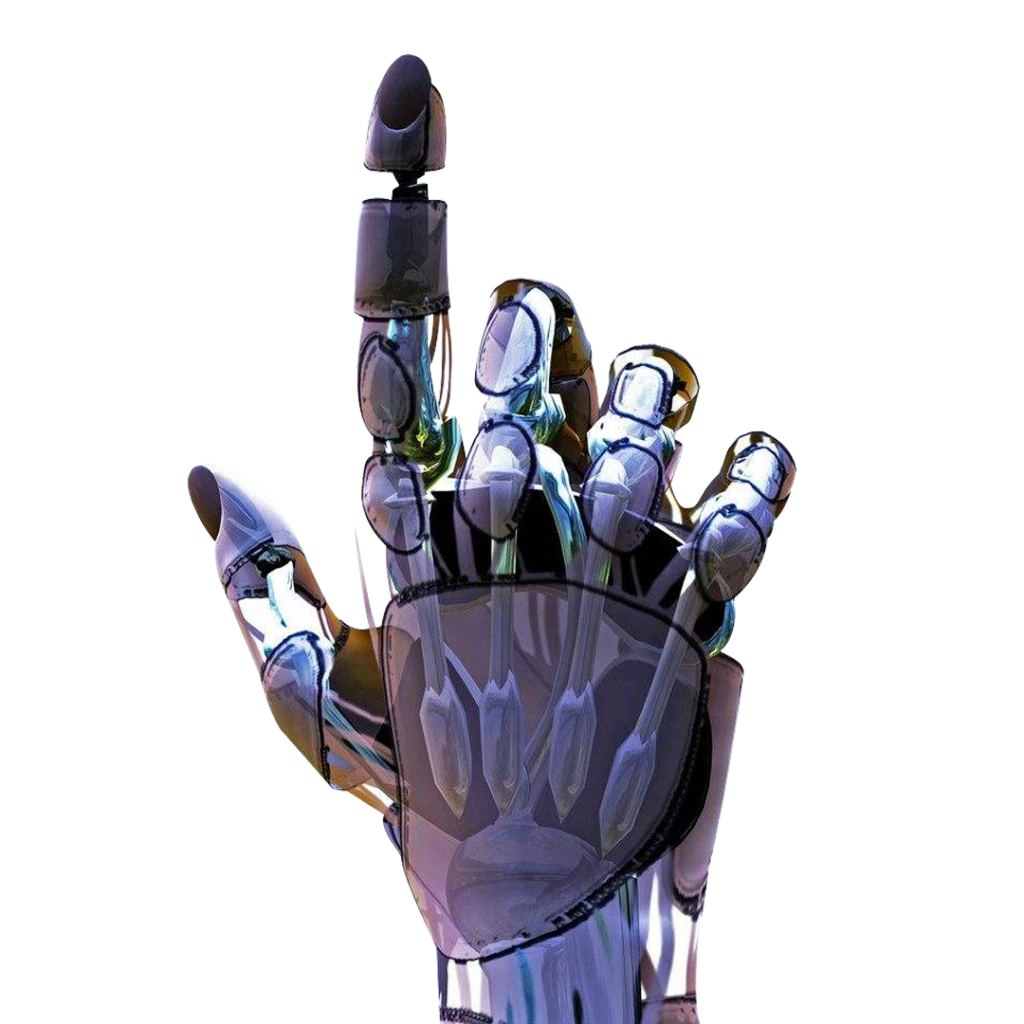
How Many Employee Experience Copilots should an Enterprise have?
Hello, and welcome back to my Blog! This is a question that I get all the time and thought I would share a perspective based

Albert brings global market research experience to help executives harness intelligent technologies, reinvent HR, re-skilling and employee experience across NAR, APAC, LATAM and EMEA regions.

Hello, and welcome back to my Blog! This is a question that I get all the time and thought I would share a perspective based

The Challenge: A Ieading banking organization, with over 200,000 employees, embarked on a strategic investment in talent to address new business requirements and expand to

The Challenge: A leading global consumer organization, with over 40,000 employees, was navigating through the pandemic. The leadership team was grappling with the delicate balance

The Challenge: One the largest pharma organization, with 130,000 employees, was looking to transform the HR function powered by AI and Intelligent Automation (IA) to

